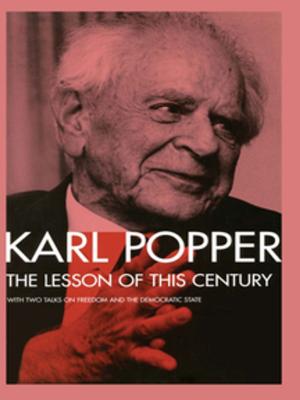| Author: | Andrew Lambert | ISBN: | 9781351891370 |
| Publisher: | Taylor and Francis | Publication: | December 5, 2016 |
| Imprint: | Routledge | Language: | English |
| Author: | Andrew Lambert |
| ISBN: | 9781351891370 |
| Publisher: | Taylor and Francis |
| Publication: | December 5, 2016 |
| Imprint: | Routledge |
| Language: | English |
HMS Dreadnought (1906) is closely associated with the age of empire, the Anglo-German antagonism and the naval arms race before the First World War. Yet it was also linked with a range of other contexts - political and cultural, national and international - that were central to the Edwardian period. The chapters in this volume investigate these contexts and their intersection in this symbolically charged icon of the Edwardian age. In reassessing the most famous warship of the period, this collection not only considers the strategic and operational impact of this 'all big gun' battleship, but also explores the many meanings Dreadnought had in politics and culture, including national and imperial sentiment, gender relations and concepts of masculinity, public spectacle and images of technology, and ideas about modernity and decline. The volume brings together historians from different backgrounds, working on naval and technological history, politics and international relations, as well as culture and gender. This diverse approach to the subject ensures that the book offers a timely revision of the Dreadnought and the Edwardian Age.'
HMS Dreadnought (1906) is closely associated with the age of empire, the Anglo-German antagonism and the naval arms race before the First World War. Yet it was also linked with a range of other contexts - political and cultural, national and international - that were central to the Edwardian period. The chapters in this volume investigate these contexts and their intersection in this symbolically charged icon of the Edwardian age. In reassessing the most famous warship of the period, this collection not only considers the strategic and operational impact of this 'all big gun' battleship, but also explores the many meanings Dreadnought had in politics and culture, including national and imperial sentiment, gender relations and concepts of masculinity, public spectacle and images of technology, and ideas about modernity and decline. The volume brings together historians from different backgrounds, working on naval and technological history, politics and international relations, as well as culture and gender. This diverse approach to the subject ensures that the book offers a timely revision of the Dreadnought and the Edwardian Age.'















